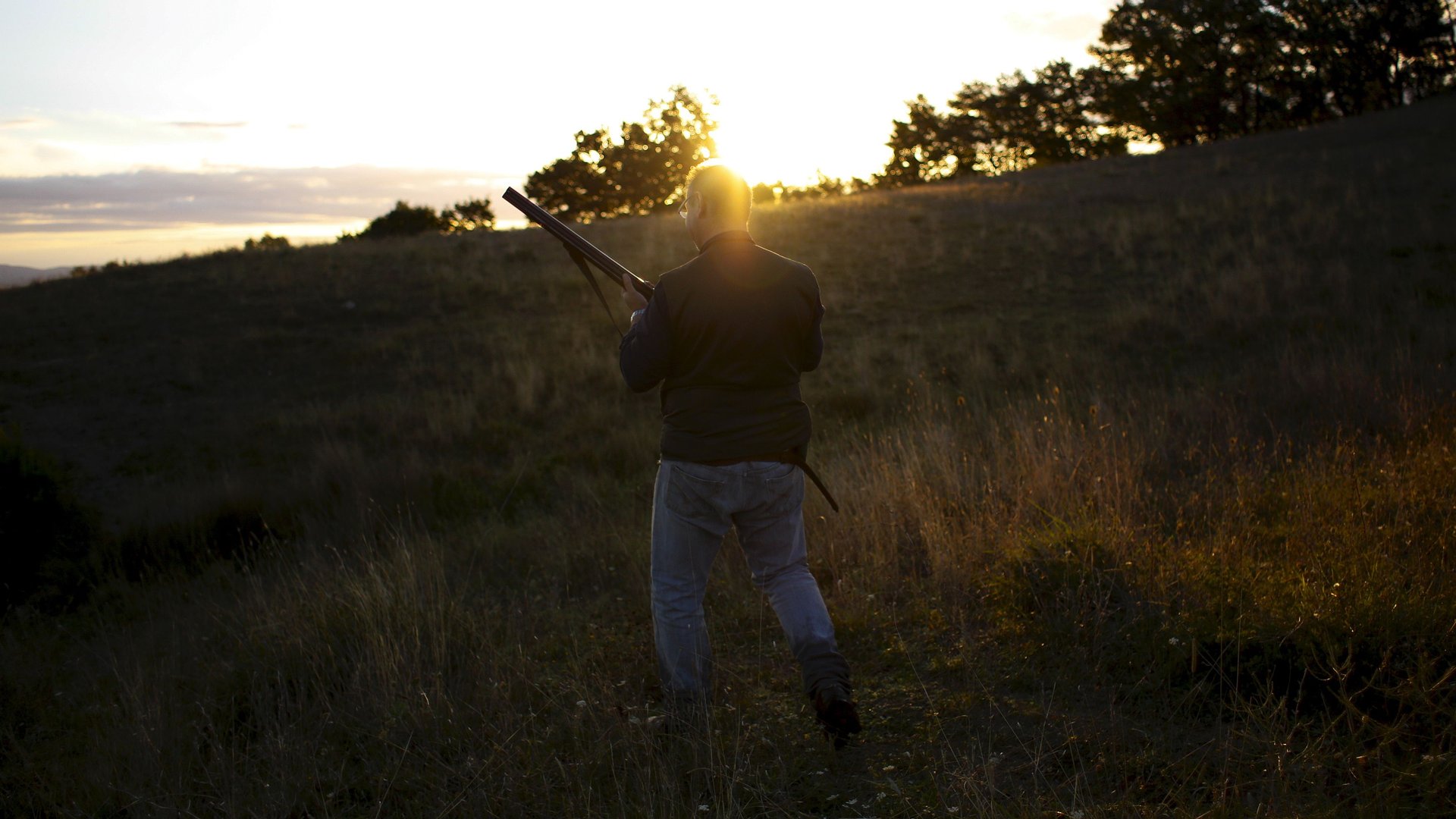How hunting became a form of dissent in Albania
Of the five billion birds that migrate through Europe each spring, up to one billion are shot, the majority of them by hunters in Malta, Cyprus, Italy and, particularly, the Balkans. As European Union legislation has clamped down on the killing of threatened and endangered species in Italy, a large and lucrative tourist trade has sprung up where predominately Italian hunters pay up to €100,000 a trip to shoot birds from the unregulated skies of Serbia, Croatia, and Slovenia.


Of the five billion birds that migrate through Europe each spring, up to one billion are shot, the majority of them by hunters in Malta, Cyprus, Italy and, particularly, the Balkans. As European Union legislation has clamped down on the killing of threatened and endangered species in Italy, a large and lucrative tourist trade has sprung up where predominately Italian hunters pay up to €100,000 a trip to shoot birds from the unregulated skies of Serbia, Croatia, and Slovenia.
Until 2014, Albania was another favorite destination for these poaching trips. But then the country’s ruling coalition, spurred either by an enlightened approach to its fauna or economic necessity—depending on whom you listen to—became the first national government ever to declare a total ban on hunting.
The sport has a complex history in Albania. Under the dictatorship of Enver Hoxha, which lasted from 1941-1985, gun ownership was tightly controlled, with shooting the preserve of Hoxha and his cronies. In the wild post-Communist years, hunting became hugely popular, drawing on the cachet of its association with the country’s elite class. More recently, unrestrained poaching threatened to wipe out Albania’s bird and animal life altogether.
Aleksandër Trajçe, a wildlife researcher at PPNEA, a leading Albanian environmental organization, described the situation which led up to the hunting ban: “It was a measure that wasn’t taken out of merit, but out of desperation. There was no gun control. The government realized that it didn’t have the resources to monitor hunting, so it imposed a draconian, top-down ban.” That was in March 2014.
Now, two years later, the interdiction is about to come to an end. Environmental groups and hunting organizations are locked in talks with the government, with suggestions the ban may be extended for five more years.
The prohibition has not been an unequivocal success. “In the first year of the ban, our researchers observed a dramatic decline in hunting,” Trajçe says. “But with the passing of time, the authorities have relaxed their control. At present, the situation is back to being as bad as it ever was, perhaps worse. Hunting has become a form of dissent, a way of people showing their dissatisfaction with the government.” What is needed now, Trajçe believes, is a complete overhaul of the country’s Inspectorate of the Environment and Forests, so that when the ban is finally lifted, hunting can be effectively regulated.
While it does appear that hunters are returning to the field, particularly in the mountainous regions of the country’s north and east, Trajçe doesn’t see the ban as a failure. “It has, at least, been positive in dragging public awareness toward wildlife in Albania. It has become a hot topic of conversation.” Taulunt Bino, founder of the Albanian Ornithological Society, agrees. “The majority of people, even hunters, are in favor of the ban,” he says, “considering the damage done over the last 20 years and the need for our fauna to recover.”
The government has said it will announce the results of its consultation before the end of March.